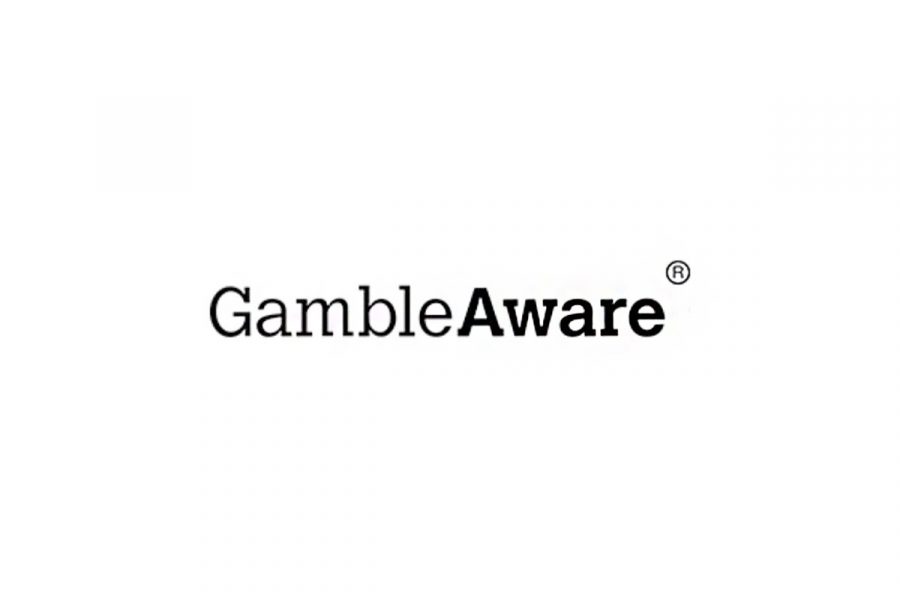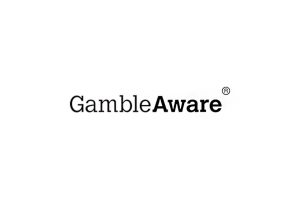GambleAware: research inflates gambling harm risk

The British responsible gambling charity GambleAware has warned that online research has a risk of selection bias that can inflate gambling harm numbers.
UK.- GambleAware has warned that a new study suggests that online surveys on gambling-related harm have a “particular risk” of selection bias. The charity says this could inflate the numbers of people estimated to suffer from gambling-related harm.
It believes that online surveys should still be the preferred method for research owing to the cost and issues with sample sizes in face-to-face surveys, but that the bias should the taken into account.
The charity commissioned research on methodological differences between surveys and how they may affect the accuracy of gambling harm estimates after a YouGov online study in 2019 reported higher rates of gambling-related harm in Britain than previous surveys that had been conducted face to face.
The survey raised concerns over the real level of problem gambling.
Researchers Professor Patrick Sturgis and Professor Jouni Kuha from the London School of Economics concluded that the main reason for the discrepancy was selection bias in online surveys.
They found that online questionnaires were more likely to be responded to by people who were comfortable with online technologies and who used the internet regularly. Those who responded were more likely to gamble online and to be frequent gamblers, the researchers said.
They concluded that online surveys were the best method for research but that they needed to be combined with methodological testing and development to mitigate selection bias.
Professor Sturgis said: “Our research has found that online surveys tend to systematically overestimate the prevalence of gambling harm compared to face-to-face interview surveys.
“However, given the very high and rising cost of in-person surveying, and the limits this places on sample size and the frequency of surveys, we recommend a shift to predominantly online data collection in future, supplemented by periodic in-person benchmarks.”
See also: GambleAware survey shows increase in problem gamblers seeking support
GambleAware’s director of research, information and knowledge, Alison Clare, said: “We want our prevention, treatment, and support commissioning to be informed by the best available evidence, and having survey data we can be confident in, within the constraints of data collection in an increasingly online world, is key.
“GambleAware’s annual GB Treatment & Support survey is an important tool in building a picture of the stated demand for gambling harms support and treatment, and of the services, capacity and capability needed across Great Britain to meet that demand.”
GambleAware last month responded to the UK government’s current review of gambling legislation. It called for the UK government to introduce a mandatory levy on gambling operators to pay for problem gambling treatment and support.










